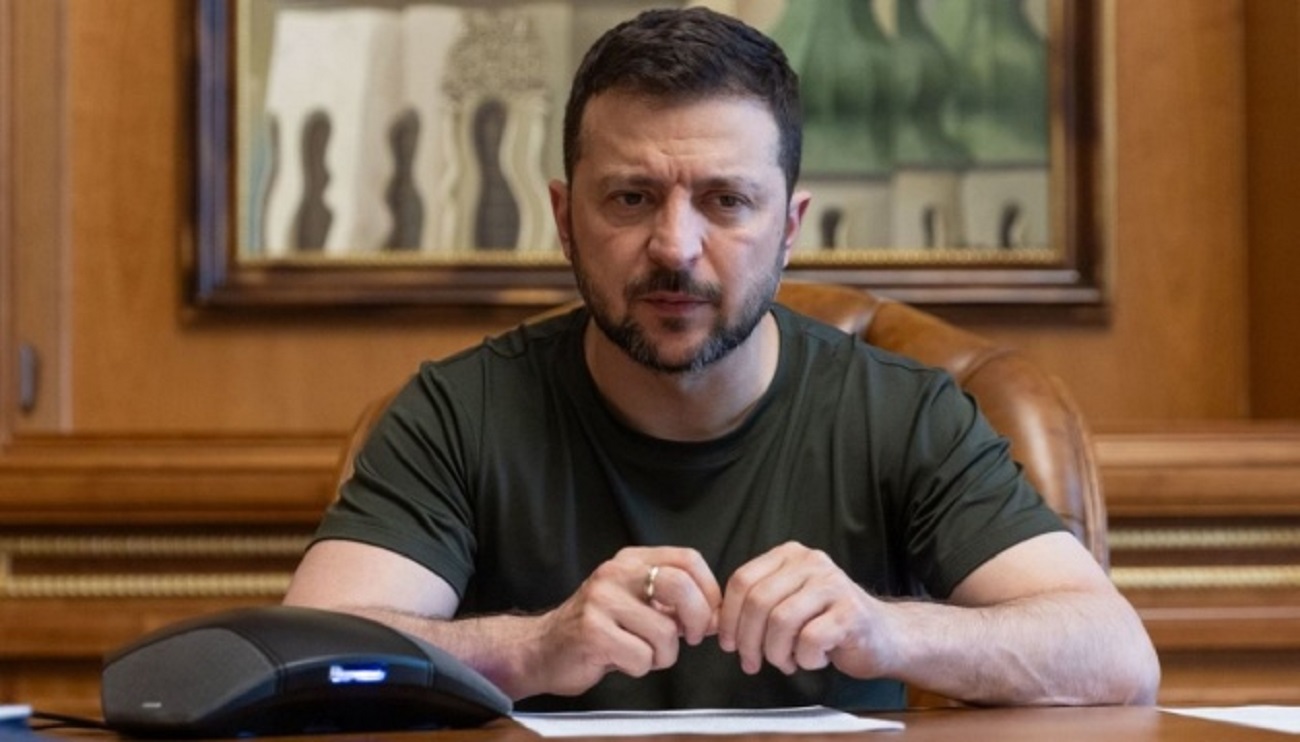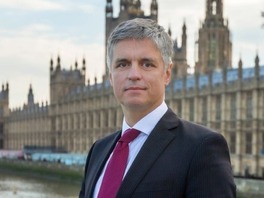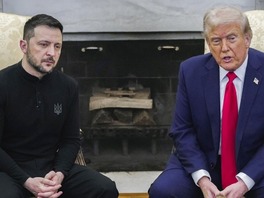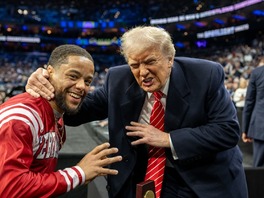Preparations for the Global Peace Summit, set for June 15-16 in Switzerland, are in full swing. Ukrainian and allied diplomats have been orchestrating the event for months with much fanfare. The summit is expected to feature significant representation. However, recent issues may slightly dampen the summit's atmosphere. More details in the Apostrophe article.
Over 90 countries have confirmed their participation in the Global Peace Summit. However, China has declined to attend. There was previously confidence that at least a representative from Beijing would be present. On May 29, Ukraine's Deputy Foreign Minister Iryna Borovets met with Chinese Ambassador Fan Xianrong to extend an invitation to the summit.
The question centered on the level of representation—whether Foreign Minister Wang Yi or at least China's Special Representative for Eurasian Affairs, Li Hui, would attend the summit.
Interestingly, even Chinese experts were confident that China would participate. However, official media only began pushing the narrative that ‘Russia must be involved in the peace summit, or it’s not for China’only after Putin's visit to Beijing on May 16.
Biden's uncertaincy
More bad news is reaching Ukraine from across the ocean. A U.S. delegation will definitely attend the summit, as they are involved in its organization. However, there are increasing signals from the White House that President Biden will not participate.
An additional nuance: Biden will be nearby at the G7 Summit in Italy during these dates. Diplomatic circles suggest that the issue lies in Biden and his National Security Advisor Jake Sullivan's personal aversion to the idea of the peace summit, as well as cooling relations with President Volodymyr Zelensky, hinted at by American media. The Ukrainian administration has been too aggressive in pushing the White House for permission to use American weapons for strikes on Russian territory. The U.S. traditionally favors maintaining the status quo: ensuring Russia does not face defeat while allowing Ukraine to continue its resistance.
However, there are some good news from the U.S. that somewhat balance the bad. At the G7 Summit, Ukraine and the U.S. are expected to sign a security agreement. According to the Financial Times, it will be the most significant agreement Ukraine has made with NATO countries, encompassing long-term commitments such as military training, intelligence sharing, and economic assistance.
Additionally, G7 leaders are set to approve a mechanism developed as an alternative to full confiscation of Russian assets. This involves providing Ukraine with loans secured by the profits from frozen Russian assets to ensure Kyiv's financing beyond 2024. This decision has already been agreed upon by G7 finance ministers.
Finally, another positive development: Ukraine has been granted permission to use American weapons to strike Russian territory, albeit with reservations.
All of this is crucial for Ukraine, but it doesn't alleviate the main issue: other countries are considering the positions of the U.S. and China when deciding whom to send to the summit.
What we do
The Ukrainian leadership still doesn't give up hope of involving Biden in the summit. They use various channels for this, including open ones - with statements appealing to the authority of the United States in the world.
"And I know that America supports the summit, but we don't know at what level, and I think it's not a very strong decision... Not attending it will only be applauded by Putin. Putin will personally applaud. And standing up,’ emphasized Zelensky during a press conference with Belgian Prime Minister Alexander De Croo in Brussels on May 28.
There are no expected issues with the presence of European leaders at the peace summit. A significant number of countries have already confirmed high-level delegations.
Ukrainian diplomats found it harder to work with other regions, not necessarily due to Russian or Chinese opposition, but because the main challenge was explaining what practical steps could be taken as a result of the peace summit. The initial idea of the summit— even condensed to three out of ten points—was not always clear to the invitees. It's worth noting that energy and nuclear security, freedom of navigation, and the exchange of prisoners (including the return of deported children) are not of interest to all countries worldwide.
Hence, the personal contacts of President Zelensky with leaders of other countries are crucial here. A series of visits recently made in this regard are not accidental: from Spain and Portugal to Northern Europe. Particularly noteworthy is the trip to Singapore for the "Shangri-La Dialogue" summit. This is an Asian counterpart to the Munich Security Conference.
At the same time, while preparing invitations, Ukrainian diplomats appealed to quite specific matters, sometimes unrelated to the summit. For example, playing on anti-Chinese (and where possible, anti-Russian) sentiments, following the principle of "the enemy of my enemy is my friend." Equally important was the mediating role of allies.
Even without China, the summit will gather significant representation from around the world. The main thing is that the results of the meeting can be implemented in practice.






